
Treme does not simply revisit a post-Katrina sequence of events. It tracks the mediated versions of them, underlining, commenting and critiquing previous formulations, re-inventing the story and becoming part it.
Read more »

Treme does not simply revisit a post-Katrina sequence of events. It tracks the mediated versions of them, underlining, commenting and critiquing previous formulations, re-inventing the story and becoming part it.
Read more »
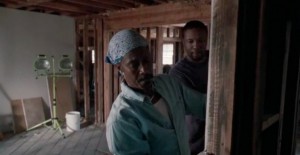
Treme’s focus on how its culture and cultural economies are created and presented through music and cuisine has meant a majority of its almost 22 narrative hours watching musicians struggle with bar owners, the recording business, the law and each other.
Read more »
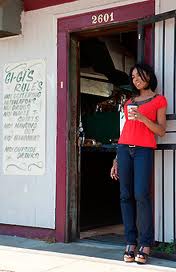
"That's What Lovers Do" finds Treme meditating on what New Orleans means not only locally, but also for those who find themselves elsewhere.
Read more »
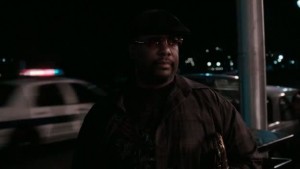
For many in New Orleans there comes a point when we have to answer a difficult question: is living here worth your life or that of your family? Where do you draw the line? What are you willing to risk, to possibly sacrifice, in order to live in such a magical place?
Read more »
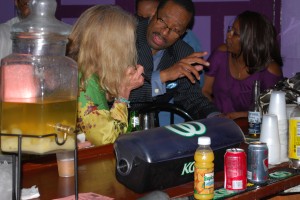
That night Donald told me that music was a character on Treme. That made some sense to me, having argued in the past that product plugging turned commodities into characters on sitcoms. But that was a criticism. How did it work for the culture of jazz on TV exactly?
Read more »
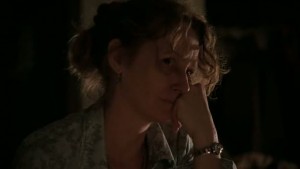
This carnival episode, like last year's, also reminds me of the potential of every Mardi Gras to provide a transcendent collective experience. The heavily cross-cut montage creates a unity across the different stories to create a collective sense.
Read more »
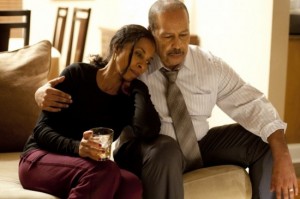
The challenge facing Tremé (and every other media representation of New Orleans) is finding a way to balance a celebration of the city’s unique cultural contributions with an acknowledgment of its more conventional, and often more damning, histories, memories, and contemporary realities. Week 6’s episode “Feels Like Rain” responds to this challenge, self-consciously,...
Read more »
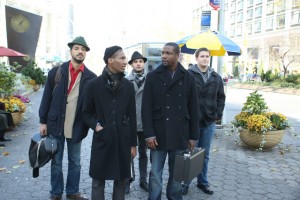
The producers/writers on Treme are under tremendous pressure: they ache to do right by New Orleans, they have to make a television show that people will continue watching, and they want to tell the truth about the city putting itself back together after the storm.
Read more »
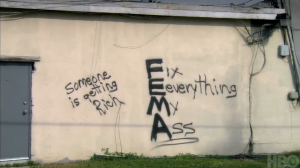
Living here in New Orleans, one of the most striking conundrums about this series is that while its heartbeat lies with the culture of Black inhabitants, it seems their larger lives cannot be the focus –perhaps due to its audience of largely white and affluent viewers.
Read more »
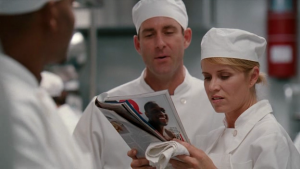
The second season shapes up to reconnect the city with the world around it: New Orleaneans are confronted with outsider views of the city as becomes clear in Delmond's argument about New Orleans music with fellow jazz lovers and Janette's conversation with her fellow cooks after reading Alan Richman's devastating review.
Read more »
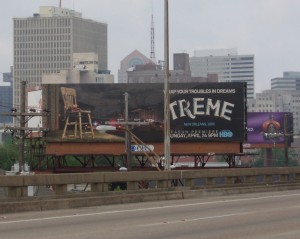
“Wrap your troubles in dreams,” the sign read.
Read more »
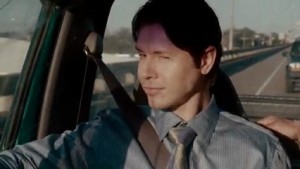
David Simon's Treme returns this Sunday for its second season. Antenna will be following all of the action with a weekly column on the program to be published each Wednesday.
Read more »
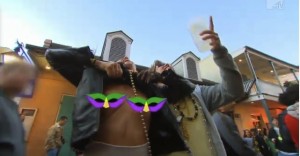
The Real World: Back to New Orleans, like Treme, brings to life how "authentic" New Orleans has taken on new and often multiple meanings for tourists, volunteers, and television watchers
Read more »

Dramatic television has rarely shown much affinity for musicians, and neither has it shown much artistry for dealing with musical performances within the narrative. This time, David Simon and HBO finally get it right.
Read more »
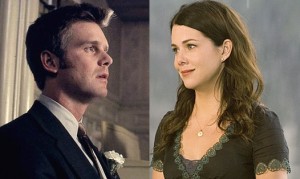
Seeing Graham as Sarah Braverman evokes for both Derek and me her role of Lorelai, but whereas I view Sarah as maybe a little snarkier and wittier than she’s written in the show, for Derek the roles crash.
Read more »